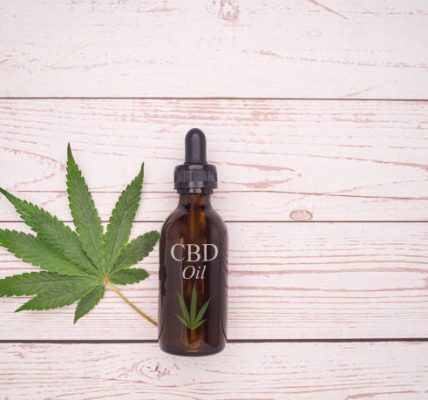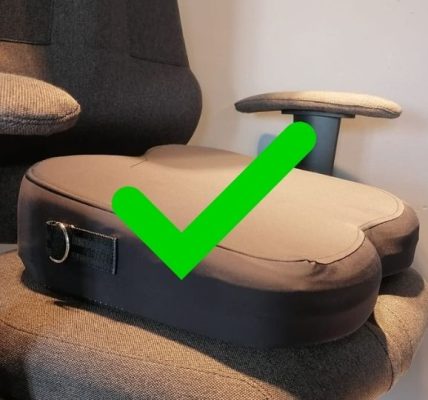Addiction treatment centers play a crucial role in addressing co-occurring disorders, which are common among individuals struggling with substance abuse. Co-occurring disorders refer to the presence of both a mental health disorder and a substance use disorder in an individual. These disorders often exacerbate each other, leading to a cycle of addiction and worsening mental health symptoms.
In order to effectively address co-occurring disorders, addiction treatment centers employ a comprehensive approach that integrates mental health services with substance abuse treatment. This integrated approach recognizes the complex interplay between addiction and mental health issues and seeks to treat both conditions simultaneously.
One key component of addressing co-occurring disorders in addiction treatment centers is dual diagnosis assessment. This involves evaluating an individual for both substance use disorder and any underlying mental health conditions they may have. By identifying these co-occurring disorders early on, treatment providers can tailor their interventions to address the unique needs of each individual.
Once co-occurring disorders have been identified, addiction treatment centers offer a range of evidence-based therapies to help individuals manage their symptoms and achieve long-term recovery. Cognitive-behavioral therapy (CBT) is one such therapy that has been shown to be effective in treating both addiction and mental health issues. CBT helps intensive outpatient program near me individuals identify negative thought patterns and behaviors that contribute to their substance abuse and teaches them healthier coping strategies.
In addition to therapy, medication management is often an important component of treating co-occurring disorders in addiction treatment centers. Medications may be prescribed to help individuals manage symptoms of depression, anxiety, or other mental health conditions while they work towards sobriety. It is essential for individuals with co-occurring disorders to receive ongoing medical supervision and support as they navigate the challenges of recovery.
Support groups also play a vital role in addressing co-occurring disorders in addiction treatment centers. Groups such as Alcoholics Anonymous (AA) or Narcotics Anonymous (NA) provide individuals with peer support from others who understand their struggles firsthand. These groups offer a sense of community and belonging that can be invaluable for those dealing with both addiction and mental health issues.
Overall, addiction treatment centers are uniquely equipped to address the complex needs of individuals with co-occurring disorders. By offering integrated care that combines therapy, medication management, and support groups, these facilities provide individuals with the tools they need to overcome their addictions and improve their overall well-being. Through comprehensive treatment approaches tailored specifically for those with dual diagnoses, addiction treatment centers play a critical role in helping individuals achieve lasting recovery from both substance abuse and mental health issues alike.
Rubicon Recovery Center
40 Stirling Rd Ste. 208, Watchung, NJ, 07069
1 908 801 6974





